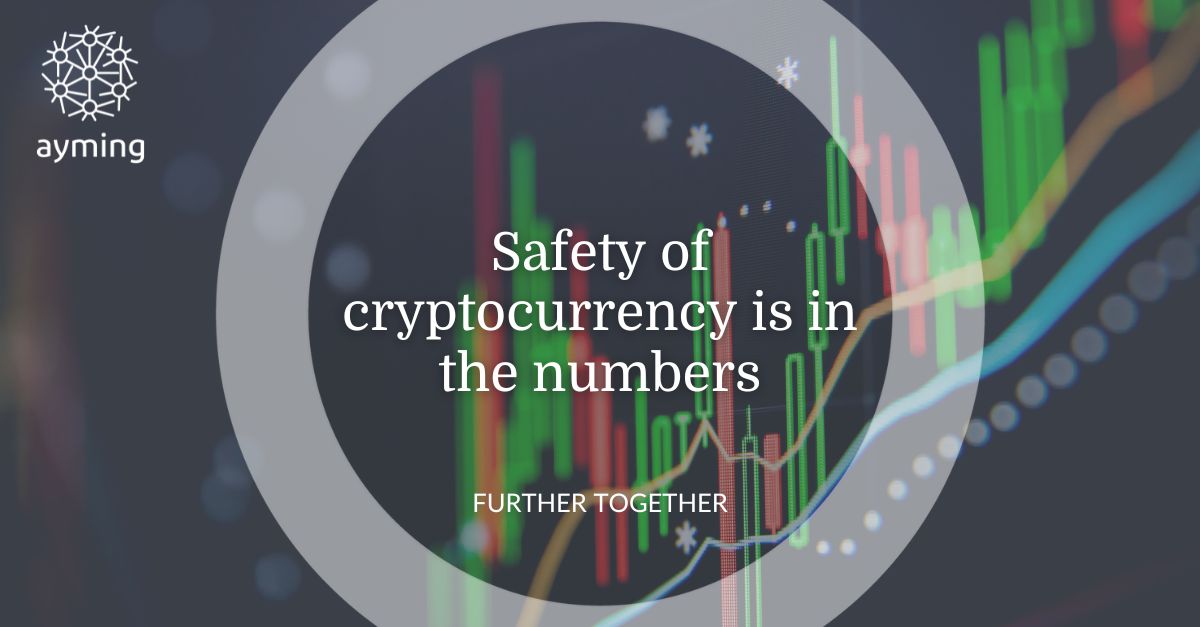The safety of cryptocurrency comes under regular scrutiny. Safely guiding customers through the complexities of crypto requires a joint effort between banks, fintech companies, and customers. By fostering a collaborative approach, financial institutions can empower their customers to confidently embrace digital assets while minimising risks.
A lot of potential users of crypto still don’t understand what crypto is, its functionality and its potential. The aforementioned collaborative approach should start with comprehensive educational initiatives in order to combat this. By providing accessible and reliable resources, financial institutions can ensure that their customers understand the fundamental concepts of cryptocurrencies, blockchain technology, and associated risks. Educational programs, such as webinars, seminars, and online courses, can equip customers with the knowledge they need to make informed decisions in the crypto landscape.
Building trust
In the wake of FTX, rebuilding trust is key. Banks and fintech companies must prioritise compliance with relevant regulations and industry standards. This includes implementing robust know-your-customer (KYC) and anti-money laundering (AML) procedures and thorough due diligence protocols. By complying with these regulations, financial institutions can demonstrate their commitment to transparency, security, and regulatory compliance, instilling customer confidence. The UK recently passed the Financial Services and Markets Act into UK Law which brings stablecoins and crypto-assets within the scope of UK Regulation. This is a big step towards the UK becoming a global hub for crypto and digital assets.
Another key element to this collaboration should be customer protection. To ensure the safety of cryptocurrency, financial institutions should provide secure custody solutions. Robust encryption methods, multi-factor authentication, cold storage, and hardware wallets are essential tools for mitigating the risk of unauthorized access and theft. Proactively monitoring and implementing advanced security protocols can further safeguard customers’ crypto holdings.
Safety of cryptocurrency requires risk management
Increasing the safety of cryptocurrency also requires robust risk management protocols. Financial institutions can also empower customers to make informed investment decisions. This could involve educating them about risk diversification, setting realistic expectations, and providing tools for market analysis. Furthermore, introducing crypto-focused investment products, such as index funds or stablecoin-based instruments, can help customers navigate volatility while maintaining exposure to digital assets.
Financial institutions can tap into their expertise in trading, wallet security, and compliance by forging strong partnerships with reputable cryptocurrency exchanges. Collaborative efforts can also lead to the development of interoperable platforms that seamlessly integrate traditional banking services with cryptocurrency wallets. Sharing best practices, conducting joint research, and advocating for customer-centric regulatory frameworks can foster a robust ecosystem that prioritises the safety and success of customers.
Safety in numbers
Collaboration between banks, fintech companies, and customers is essential for safely navigating the crypto landscape. By prioritising education, trust, and security, financial institutions can confidently empower their customers to embrace cryptocurrencies. Banks and fintech companies can ensure the safe and successful integration of cryptocurrencies into the global financial system through comprehensive education, transparent compliance, secure custody solutions, proactive risk management, and collaborative partnerships. Together, we can shape a future where digital assets thrive and customers are empowered to unlock the full potential of the crypto frontier.
“We are business performance experts who combine highly specialised knowledge – across a range of fields – with hands-on collaboration, to enable our clients and their people to go further. We are a global team of 1,300 colleagues working across 15 countries in Europe, North America and Asia, and have a 30-year track record of providing leadership and sharing insight.
By focusing on innovation, finance, operations and people we are proven to deliver a return on investment.”
Please visit the firm link to site





